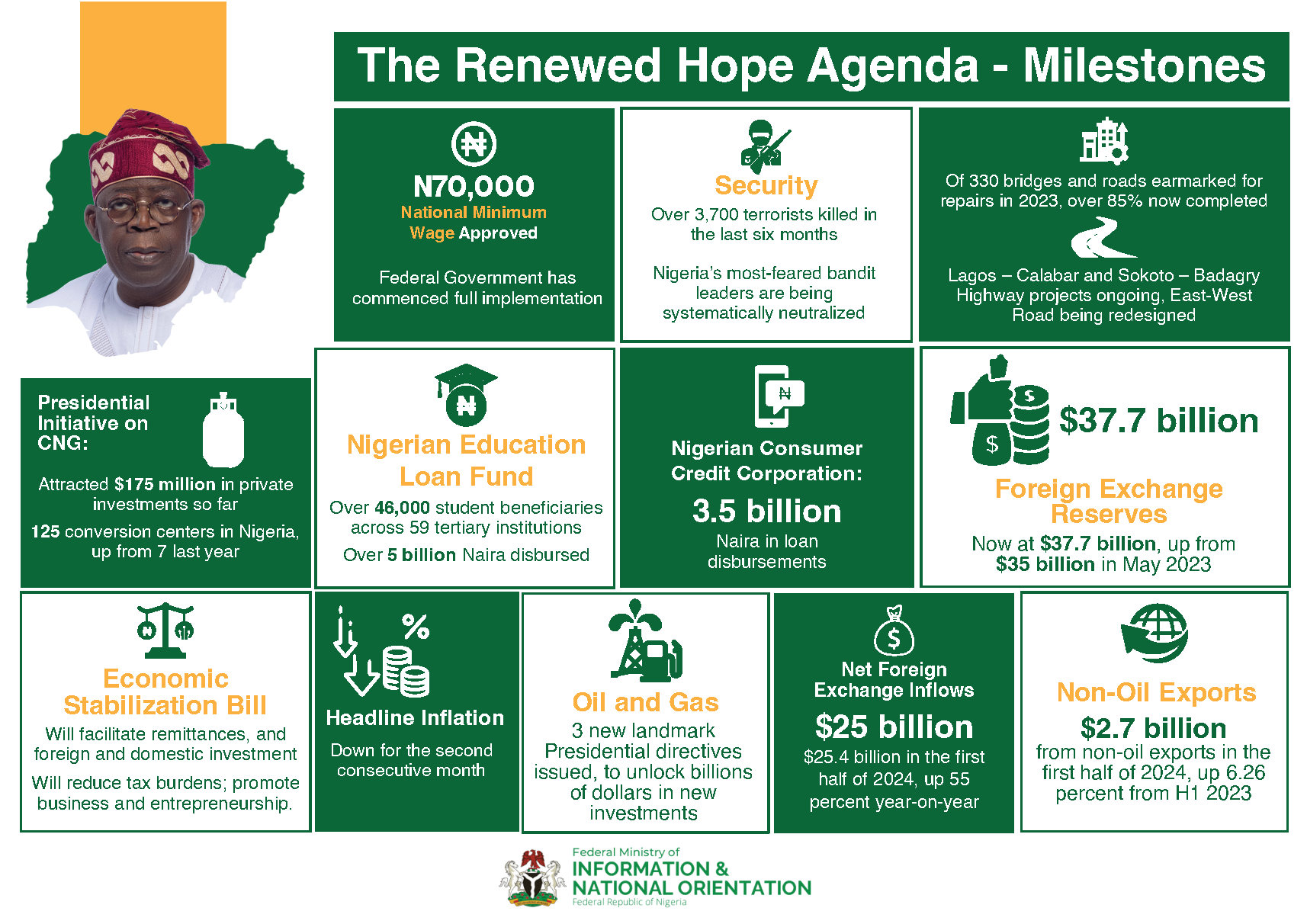By Oluwagbenga E. Babawibe, Esq.
For years, a fiscal paradox has haunted Nigeria’s economy. Ghost-like digital giants streaming services, social media platforms, and e-commerce marketplaces have operated within our borders, siphoning billions of Naira from millions of Nigerian subscribers and customers. Yet, because they existed only on servers in Dublin, California, or Singapore, without a single physical office here, they remained beyond the reach of our tax laws. That era of fiscal invisibility is now officially over.
The intellectual DNA of this shift can be traced back to the global conversation spearheaded by the Organization for Economic Co-operation and Development (OECD) against Base Erosion and Profit Shifting (BEPS). However, frustrated by the slow pace of multilateral negotiations, Nigeria has chosen a path of decisive, sovereign action. The new Nigeria Tax Act, 2025, does not merely suggest a new direction; it repeals a dozen previous tax laws and consolidates the nation’s fiscal power into a single, formidable statute. It audaciously implements its own rules, refusing to wait while revenue leaks from its digital borders.
This bold approach is enshrined in the landmark Nigeria Tax Act, 2025, and its companion, the Nigeria Tax Administration Act (NTAA), 2025. With these laws, the nation has drawn a clear line in the sand. The key to this revolution is the concept of “Significant Economic Presence” (SEP), now firmly codified in the law.
What is Significant Economic Presence (SEP)?
In the past, tax was primarily based on physical presence. The SEP rule, now established under the powerful Section 17 of the Nigeria Tax Act, rewrites the rulebook. It declares that a foreign company has a taxable presence in Nigeria if its economic, rather than physical, footprint is substantial.
Specifically, Section 17(3) states that a non-resident person’s profits are taxable in Nigeria if they have a “significant economic presence.” This is further defined in Section 17(9) (b) to include companies that profit from activities such as:

Electronic commerce, application stores, and high-frequency trading.
Online adverts, participative network platforms, and online payments.
Digital content services, online gaming, cloud computing, and online teaching.
Think of it this way; if you set up a massive, profitable stall in Nigeria’s digital marketplace, it doesn’t matter if your headquarters is on the moon. If you profit from our market, you contribute to its foundation.
How Will It Work?
A Simple 3-Step Framework; The new laws provide a clear, practical solution for identifying, registering, and taxing these digital enterprises.
Step 1: From Anonymity to Accountability (Sections 17 & 151) the first step is to bring these global entities out of the shadows. Section 17 establishes their taxable presence for income tax, while Section 151 mandates that a non-resident person making taxable supplies to Nigeria must register for Value Added Tax (VAT) and include it on their invoices. This two pronged approach makes them visible, identifiable, and accountable to the Nigerian government for both direct and indirect taxes.
Step 2: From Ambiguity to Assessment (Section 17(6) & (7)) Once a taxable presence is established, their income attributable to Nigerian operations becomes taxable. To counter complex accounting that might declare little profit, Sections 17(6) and 17(7) give the tax authority a powerful tool: if the attributable profit cannot be ascertained or appears lower than expected, the profit can be deemed as an amount derived by applying the non-resident company’s own global profit margin to its Nigerian turnover. This is a pragmatic and powerful tool to ensure a fair assessment.
Step 3: From Evasion to Efficiency (Sections 17(4) & 151(3)) To ensure compliance is seamless, the law establishes robust collection mechanisms. For income tax, Section 17(4) states that any tax deducted at source from payments for digital services shall be the final tax, simplifying compliance. For VAT, Section 151(3) empowers the Federal Inland Revenue Service (FIRS) to appoint any person, including the non-resident supplier itself, to collect and remit the tax. This creates an automated and efficient system that makes evasion virtually impossible.
Why This Matters for Every Nigerian Such a Time as This?
This tax overhaul is not just an abstract policy; it has profound implications for every citizen.
Levelling the Playing Field: This is about fiscal justice. For too long, local Nigerian businesses have diligently paid their taxes while competing against global giants who paid nothing. This new law ensures fairness, holding all players in our market to the same standard.
Boosting National Revenue: This isn’t just about numbers on a spreadsheet; it’s about tangible development. This new stream of revenue can be channeled directly into funding critical public infrastructure better roads, modern hospitals, well equipped schools, and improved security for our communities.
Asserting Economic Sovereignty: By implementing these laws, Nigeria is taking control of its fiscal destiny in the digital age. It is a bold declaration of our right to tax the economic activity that occurs within our digital borders, joining a league of forward thinking nations adapting their policies for the 21st century.
In conclusion, the taxation of the digital economy is more than a policy update; it is a declaration of Nigeria’s economic independence. It ensures that as our economy digitizes, our revenue base grows with it, creating a fairer system and a more prosperous future for all. It’s a clear message to the world: Nigeria is open for business, but the free rides are over.
Babawibe is the Managing Partner, Urbane Attorneys & Solicitors, LLM (UNILAG), MSc (Peace Studies & Conflict Resolution), Bachelor of Law(Abuja) LLB (HONS), MCIArb-UK, AICMC
Dear readers, we really need your support to keep on serving you with authoritative, truthful, and juicy stories everyday. For your support, please reach out to the editor @gavelinternational66@gmail.com


